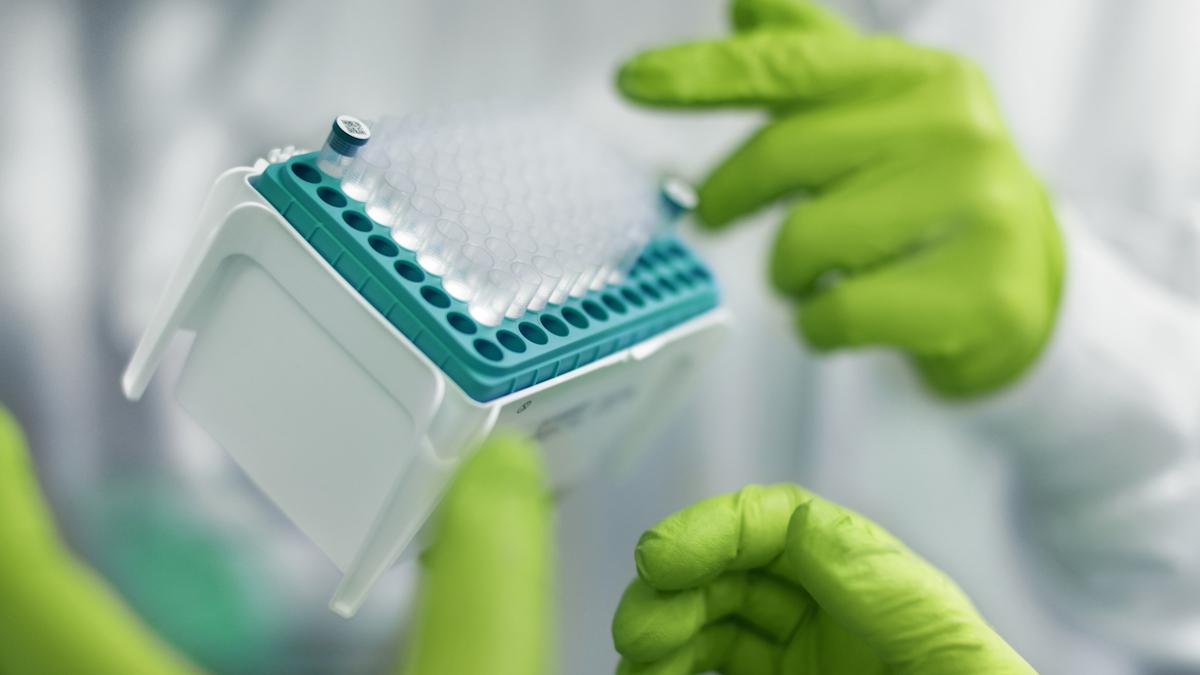UK trumpets £1bn investment plan from BioNTech

German biopharma company BioNTech has said it will commit up to £1 billion ($1.34 billion) in investment in the UK over the next decade, including the creation of R&D and artificial intelligence centres, which will be backed by £129 million in government support.
The agreement, which follows an approximately £1 billion commitment from fellow COVID-19 vaccine pioneer Moderna, has been hailed as a "template for UK growth" by the Association of the British Pharmaceutical Industry (ABPI).
The investment would be one of the biggest in the history of UK life sciences, according to the Department for Science, Innovation and Technology (DSIT) and will see an R&D facility set up in Cambridge as well as the addition of an AI unit at BioNTech's planned UK headquarters in London that will be run by the biotech's wholly owned subsidiary InstaDeep, a UK startup it bought a couple of years ago.
BioNTech said its investment builds on an earlier agreement with the UK government signed in 2023 and will help accelerate clinical trials of personalised mRNA immunotherapies for cancer, whilst supporting its R&D activities in structural biology, regenerative medicine, and infectious disease vaccines.
The Cambridge facility has a planned workforce of around 90 researchers, which will include scientists already on BioNTech's UK payroll, while the ABPI suggested the total number of jobs created in Cambridge and London could reach around 400.
The announcement reinforces the importance of the UK's so-called 'golden triangle', a life sciences-rich area stretching between London, Oxford, and Cambridge that is central to the government's strategy to make the country a superpower in the industry.
"These efforts are part of BioNTech's global strategy to advance research and development of innovative cancer immunotherapies aimed at bringing multiple cancer treatments to the market by 2030," said BioNTech in a statement.
The company added that several hundred UK patients have gained access to investigational mRNA-based cancer immunotherapies under the terms of its existing collaboration with the UK.
"Big investments like this are years in the making and require both sides to have confidence that the other will deliver on their commitments. Trust is slow to build, but this deal shows it is worth the time and the risk," Richard Torbett, the ABPOI's chief executive.
"Life science companies are already the largest investors in UK R&D – but much of this comes from a handful of companies with deep UK roots," he added. "The UK has an opportunity to capture more of the global science pie if we can improve our competitive offering to the sector."












